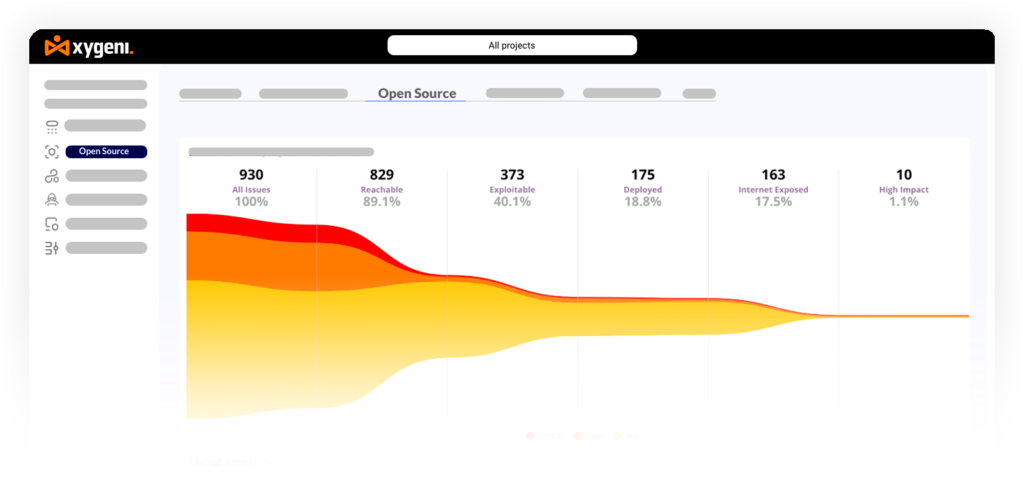Introduction to DevOps #
Organizations must quickly deliver high-quality products while maintaining system reliability. This is where DevOps comes in. By merging collaboration between developers and operations, DevOps breaks down silos and fosters shared responsibility. It enhances the entire application lifecycle, from development to deployment, and ensures that teams can deliver faster, more reliable, and secure software.
What is Development and Operations #
DevOps is a collaborative approach that integrates Development (Dev) and Operations (Ops) teams to streamline the software development lifecycle. By fostering communication, automation, and shared responsibilities, DevOps enables faster, more efficient software delivery. This methodology emphasizes continuous integration (CI) and continuous delivery (CD), aiming to improve software quality and shorten release cycles.
What is DevOps? #
DevOps is a methodology that unifies development processes and operations teams to improve collaboration and automate tasks throughout the application lifecycle. The goal is to create a seamless flow of work from code development to deployment, ensuring faster delivery of features and updates. With a focus on continuous improvement, DevOps teams adopt automated workflows that help speed up software delivery while maintaining high-quality standards.
Why Adopt a DevOps Approach? #
Organizations that adopt a Dev Ops approach can accelerate software delivery, improve system reliability, and enhance team collaboration. DevOps enables businesses to release features more rapidly, adjust to market demands, and ensure their systems remain stable. It also promotes a culture of shared responsibility between development and operations teams, making sure that everyone is accountable for software performance and security.
Key Benefits of Development and Operations #
- Faster Software Delivery:
- DevOps speeds up the application lifecycle by enabling quicker feature releases and updates. This gives businesses a competitive edge.
- Improved Collaboration:
- Integrating developers and operations teams fosters better communication and teamwork. This leads to more efficient project outcomes.
- Continuous Feedback and Improvement:
- With DevOps, teams receive immediate feedback from monitoring and user data. This drives continuous improvements in software quality.
- Automation and Efficiency:
- Automating repetitive tasks improves overall efficiency in development and deployment. It allows teams to focus on innovation.
- Enhanced Reliability:
- DevOps encourages shared responsibility for system health, ensuring reliability, stability, and security at every stage.
Tools for DevOps #
- Version Control: Tools like Git and Subversion help teams manage code changes collaboratively, ensuring consistency across environments.
- CI/CD Pipelines: Solutions like Jenkins, CircleCI, and GitHub Actions automate the development processes of building, testing, and deploying software efficiently. Xygeni strengthens CI/CD pipelines by detecting misconfigurations, ensuring that insecure code does not reach production.
- Infrastructure as Code (IaC): Tools like Terraform and CloudFormation manage infrastructure as code, maintaining consistent environments across the application lifecycle. Xygeni’s IaC security adds an extra layer of protection by identifying vulnerabilities and misconfigurations before deployment.
- Monitoring and Logging: Platforms such as Prometheus, Grafana, and ELK Stack provide real-time system performance monitoring, enabling quick issue resolution. Xygeni’s Anomaly Detection continuously monitors your pipelines and flags unusual activities.
- Containerization & Orchestration: Tools like Docker and Kubernetes simplify the management, scaling, and deployment of containerized applications. Xygeni’s container security ensures that misconfigurations and vulnerabilities are addressed in container images before they reach production.
Types of DevOps Practices #
- Continuous Integration (CI): Frequent merging of code changes into a shared repository, followed by automated testing to ensure the integrity of the codebase.
- Continuous Delivery (CD): Automatically preparing code for release to a staging environment, reducing the risks of manual deployments.
- Continuous Deployment: Automating the process of moving changes into production once they pass all tests.
- DevSecOps: Integrating security at every stage of the DevOps pipeline to ensure secure software development and deployment.
Common Development and Operations Challenges #
- Cultural Shifts: Adopting DevOps requires a change in mindset, with collaboration between developers and operations teams becoming central to success.
- Security Integration: Ensuring security throughout the application lifecycle is challenging, especially without disrupting the speed of delivery.
- Tool Integration: Integrating multiple tools into a single DevOps pipeline can be complex, especially across different environments.
- Skills and Training: Teams must upskill to understand and manage the tools and processes that power DevOps.
How Xygeni Supports DevOps Security #
Xygeni strengthens DevOps pipelines with tools designed to secure and optimize the development processes:
- Secrets Management: Xygeni’s Secrets Security ensures that sensitive information such as API keys and passwords are protected during development and delivery.
- Anomaly Detection: Xygeni’s Anomaly Detection provides real-time monitoring of the application lifecycle, detecting unusual activities within CI/CD pipelines.
- CI/CD Security: The Software Supply Chain Security (SSCS) solution by Xygeni detects vulnerabilities and misconfigurations early in the pipeline, preventing insecure deployments.
The DevOps Advantage: Transforming Software Delivery for Speed and Reliability #
By adopting DevOps, organizations can improve products, speed up delivery, and foster collaboration between developers and operations. This approach promotes automation, efficiency, and continuous improvement, transforming the way software is built, tested, and deployed. Implementing DevOps practices not only accelerates the application lifecycle but also ensures that the final product is reliable and secure. Xygeni’s solutions provide robust security for DevOps teams, helping organizations achieve faster and safer deployments.
Ready to accelerate your DevOps journey? Secure your development processes with Xygeni’s advanced tools for CI/CD pipeline security, anomaly detection, and secrets management. Book a demo today to see how Xygeni can optimize your software delivery with secure, efficient DevOps practices.y, and enhanced overall system reliability.
FAQ’s about DevOps #
DevOps combines “Development” and “Operations,” promoting teamwork throughout the software development lifecycle.
A DevOps engineer creates automation tools, manages infrastructure, and ensures CI/CD pipelines run smoothly.
A DevOps engineer automates tasks, optimizes CI/CD, manages infrastructure, and improves collaboration between teams.
The goal of DevOps is to improve collaboration, automate tasks, and speed up software delivery.
Azure DevOps provides tools for planning, developing, testing, and delivering software with CI/CD and version control.


